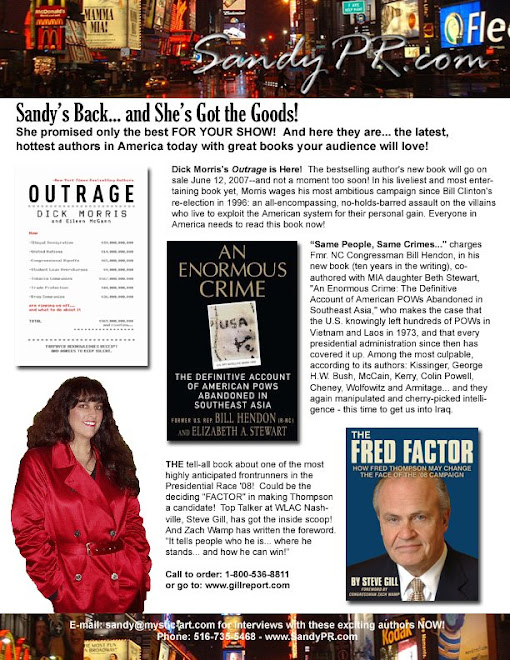|
|
THE CASE FOR COLONIALISM
By Bruce Gilley
"For the last hundred years, Western colonialism has had a bad name." So began Professor Bruce Gilley's watershed academic article "The Case for Colonialism" of 2017 resulting in his new book, THE CASE FOR COLONIALISM. The article sparked a global furor. Critics and defenders of Gilley's argument battled it out in the court of public opinion. The Times of London described Gilley as "probably the academic most likely to be no-platformed in Britain." The New York Times called him one of the "panicky white bros" who "proclaim ever more rowdily that the (white) West was, and is, best" and are "busy recyclers of Western supremacism."
We hear a lot about anti-colonialism these days. It is presented as an unmitigated evil perpetrated by misguided Brits and Europeans against the poor, suffering darker-skinned folk who were exploited - full stop. But what if the story is a very different one? What if colonialism was actually a net positive for the people under colonial rule? What if those countries who threw off all the colonial structures in revolution did measurably worse than those who kept their colonial structures, such as the British legal system and the benefits of trade within the Commonwealth? What if the evidence suggests that people moved into areas of colonial rule to gain those benefits, rather than flee the supposed 'oppression?' What if education was improved, life spans lengthened and prosperity in general increased?
Professor Gilley presents evidence showing not only was colonialism a net positive for the people involved, but that the whole anti-colonialism framework used in our universities is based on very poor historical research, to say the least. Gilley even suggests that much of the suffering in the Third World was actually precipitated by a too-rapid withdrawal of colonialism, and the answer for much of the suffering in the world today would be to bring back the colonial ideal as a civilizing mission.
In THE CASE FOR COLONIALISM, you'll learn that:
· Colonialism
is disparaged today as a way to attack Western civilization;
· The
evidence is clear that colonized countries did better than non-colonized ones
and that countries that maintained their colonial infrastructure after
independence did better than those which did not;
· Continued
chaos and economic collapse across Africa, the Middle East, and parts of Asia
and Latin America show the desperate need for Western governments to encourage
new interventions that look like colonialism; and
· Modern words like "decolonize" are simply code for undermining the basis of democratic, rule of law-based systems and replacing them with premodern systems of group-based entitlement.
Professor Gilley is a lone voice insisting on historical facts and calm reason rather than emotionalism to make his argument. For that he has been the target of a firestorm of abuse. What he has to say is interesting, challenging and sure to upset the woke cry-bullies. In THE CASE FOR COLONIALISM, Gilley responds to the critics and elaborates on the case for colonialism. The critics have no evidence for their claims, he asserts. It is robust no matter which colonizer or colonized area one examines. Patient, empirical, humorous, and not a little exasperated by anti-colonial ideologues, Gilley here sets a challenge for the next generation of scholars of colonialism.
"Bruce Gilley's THE
CASE FOR COLONIALISM is, I believe, one of the most important works of
history of the last fifty years. In an age of Western self-flagellation, and
the loss of civilizational self-confidence, when every ill in the Third World
is blamed on Western colonialism, Gilley's courageous work is a welcome
corrective."
--Ibn Warraq, Author of Why the West is Best and The Islam in Islamic Terrorism
"Both those who oppose
colonialism and approve of colonialism will learn something from reading THE
CASE FOR COLONIALISM, which is a long overdue response from this author to
being attacked by a cancel culture mob when he contradicted their ideologies of
'anticolonialism' and 'decolonization.' Here, Gilley replies to his critics
plus delivers evidence and arguments for four propositions. That European
colonialism had legitimacy. That colonialism delivered real benefits."
--Eric Louw, Author of The Roots of the Pax Americana: Decolonization and white-Africans and The Rise, Fall and Legacy of Apartheid
ABOUT THE AUTHOR: Bruce Gilley is Professor of Political Science and Public Policy at Portland State University. His work centers on global politics, democracy, comparative development, and colonial history. He is also active in defending academic freedom and political diversity in higher education.






No comments:
Post a Comment